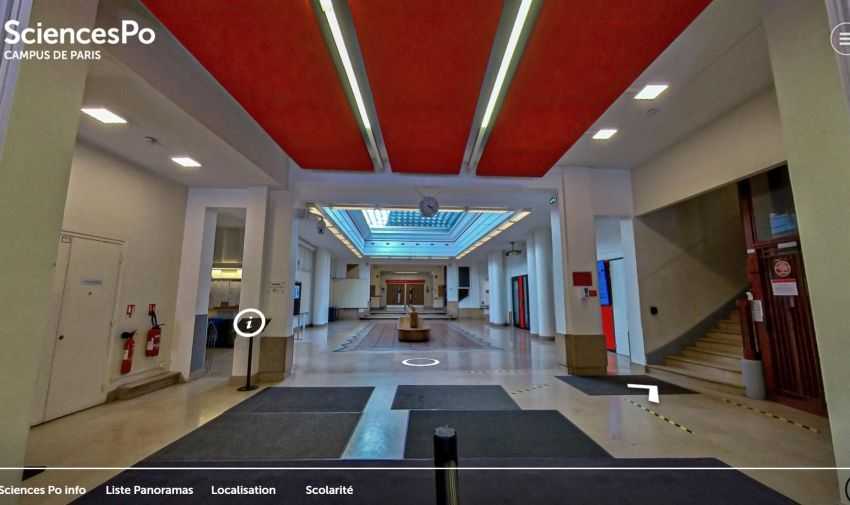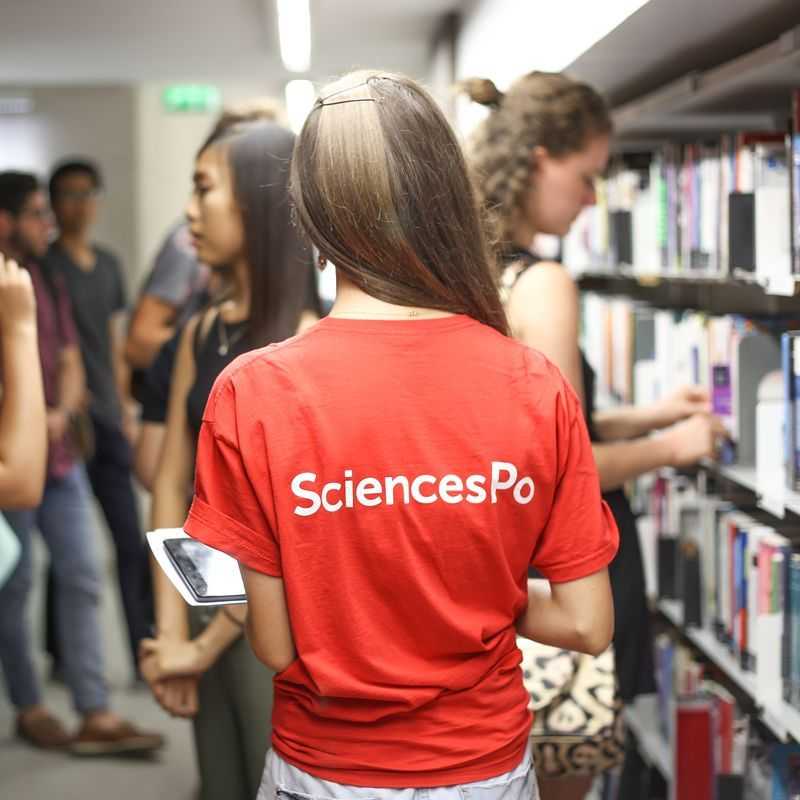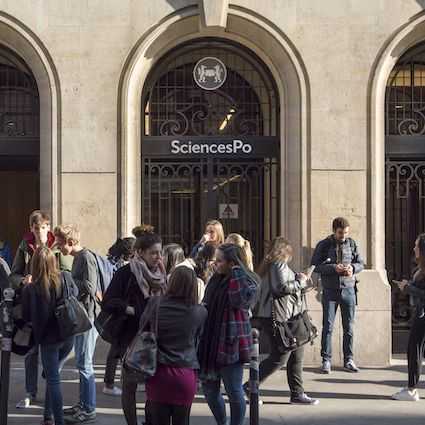
Home>Academics>Disciplines>Political Science
Political Science
Political Science Curriculum at the Undergraduate College
Political science is one of the five core disciplines at the Undergraduate College and lies at the heart of its academic programme. Throughout the Bachelor's degree, students acquire the fundamental knowledge, concepts and analytical models needed to understand the structure of political systems, power relations, governance models, political participation, community structures and the use of violence. They also explore key subfields such as political sociology, area studies, international relations, public policy, comparative politics and political theory.
Students therefore learn to identify the links between political science, expertise and public action (relationships between theory and practice), to integrate their judgement into the analysis of political facts (relationships between ethics and politics), and to develop their critical thinking and argumentation skills in the context of contemporary controversies.
Using qualitative and quantitative techniques and methods, students acquire the tools to read, understand and analyse any contemporary political document, construct a comparative approach to the study of political phenomena and learn about research practices.
First-year Core Courses
In the first year, students are introduced to this discipline in an introductory course that combines lectures and methodology seminars.
They also take a course on the history of political ideas by reading classic works of political theory, from Aristotle to Hannah Arendt.
Political humanities at the Undergraduate College
The political humanities shed light on politics as a human experience by promoting dialogue between the humanities and social sciences. These courses enable students to acquire a fundamental political culture and the conceptual skills essential for analysing current events and participating in contemporary debate. This embodied approach to politics can be analysed and understood through the reading of works (textual, visual or audio) and reference authors from the fields of philosophy, theology, psychoanalysis, economic history, art history, law and literature. This course enables students to develop their own personal and critical thinking on contemporary political phenomena, debates and decision-making.
Deepening your understanding of political science through two majors
In the second year, students can choose between the “Political Science - Comparative Politics” or “Political Science – Political Theory” major. Like all majors, each of these consists of two lecture courses, one of which is associated with methodology seminars.
- The comparative politics course aims to familiarise students with the methods and objectives of comparison in the field of political science in order to help them understand the contemporary political world in all its diversity. It guides them in discovering political science research and writing a research paper.
- The Political Theory course aims to deepen students' knowledge of political theory, but also to link it to contemporary debates and controversies.
These two courses are complemented by a range of seminars and methodology workshops, which introduce students to different fields within the discipline.
In addition, all second-year students take the international relations course, which enables them to develop a critical perspective on major global challenges that are often overlooked or oversimplified in public debate. Drawing on a wide variety of examples, it explores the deep interconnections between social, environmental, economic and security issues at the international level.
Continuing your studies with a Master's degree
After completing their Bachelor's degree, students can choose to continue their studies at one of Sciences Po's eight graduate schools, depending on their interests and career aspirations. Political science, which is at the heart of the undergraduate programme, provides a solid foundation for tackling many fields of study.
It is particularly relevant to the programmes offered by the School of Public Affairs, the School of International Affairs and the Urban School, which provide training in public policy, international relations and territorial governance. Other students choose to deepen their knowledge through research approaches by joining the School of Research.
This diversity of pathways reflects the central role of political science in understanding and analysing contemporary issues.
Find out more about Sciences Po's master's programmes related to political science (FR).



